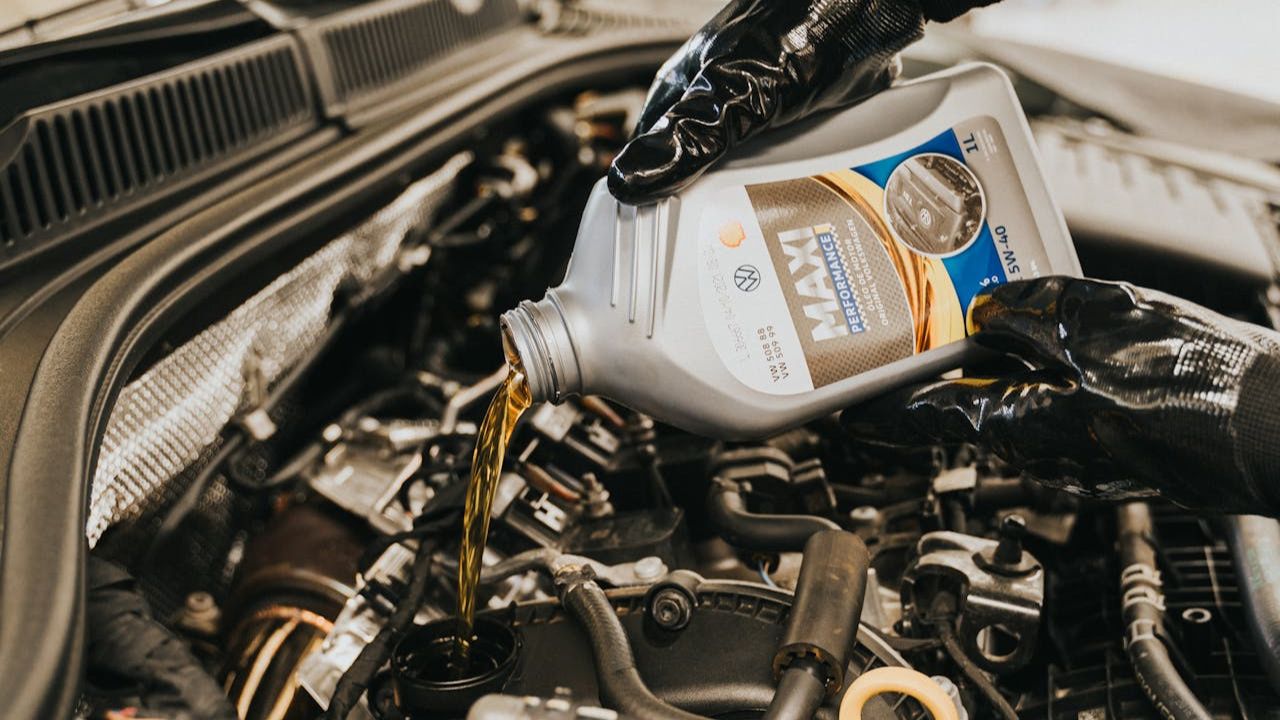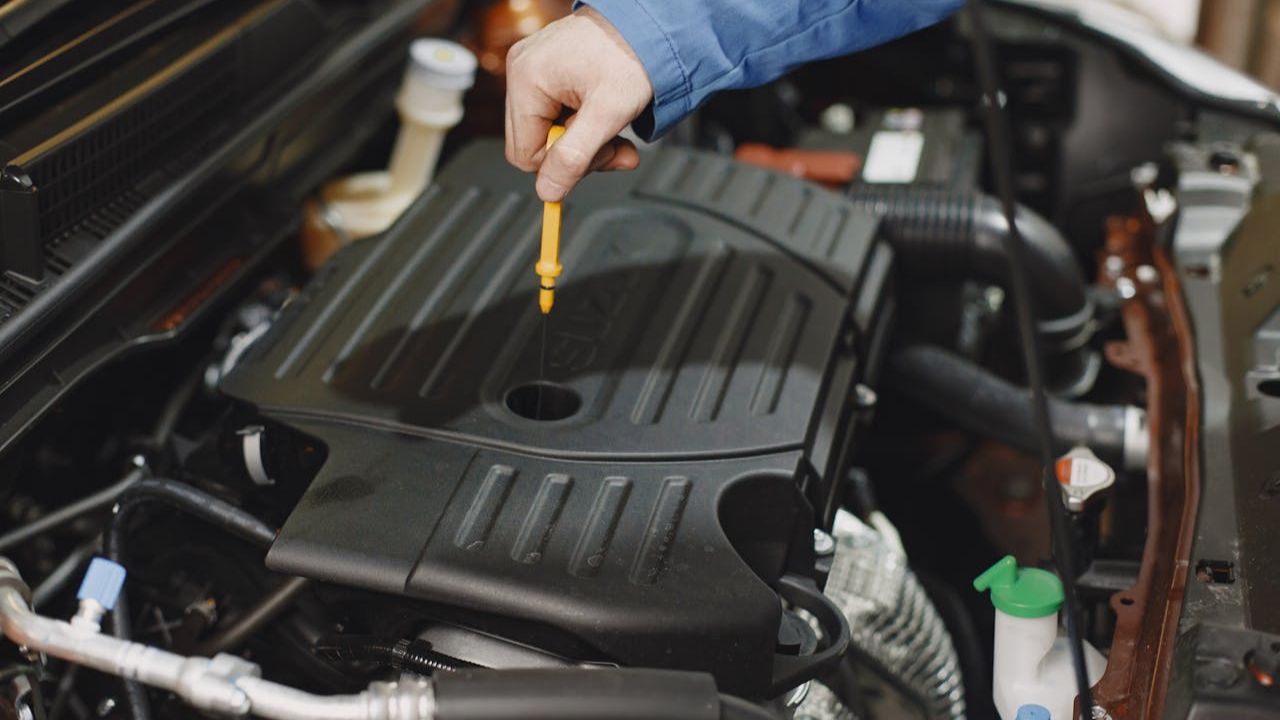Owning a car long-term can become quite expensive, but there are several strategies to manage and minimize these costs. From regular maintenance to leveraging warranties, small but consistent efforts can save you thousands over the lifespan of your vehicle. Here are ten practical tips to help keep your car ownership expenses in check.
Regular Maintenance and Servicing

Keeping up with regular maintenance is one of the most effective ways to ensure the longevity of your car. Regular oil changes, brake inspections, and engine tune-ups can prevent costly repairs down the line. For instance, changing your oil every 5,000 to 7,500 miles can prevent engine sludge buildup, which can lead to expensive repairs.
Most manufacturers provide a schedule for maintenance services in the owner’s manual, so it’s worth sticking to it. If you own a Toyota Camry, for example, following their recommended maintenance intervals can prolong the vehicle’s life and optimize its performance.
Fuel Efficiency Optimization

Fuel costs can add up quickly, so optimizing your vehicle’s fuel efficiency is essential. Regularly checking your tire pressure and ensuring your car is properly aligned can improve gas mileage. For example, under-inflated tires can decrease fuel efficiency by up to 3%.
Consider using apps like Fuelio or GasBuddy to find the cheapest gas prices in your area. Additionally, maintaining a consistent speed and using cruise control on highways can also help save fuel.
Smart Insurance Choices

Insurance premiums can be a significant expense, so it’s crucial to shop around for the best rates. Consider bundling your car insurance with other policies like home insurance for potential discounts. Comparing rates annually can lead to savings; websites like The Zebra or Policygenius can simplify this process.
Opting for a higher deductible can lower your monthly premiums, but ensure you have enough savings to cover the deductible in case of a claim. Additionally, inquire about discounts for safety features or low annual mileage.
DIY Minor Repairs

Learning to perform minor repairs yourself can save a considerable amount of money. Replacing air filters, swapping out windshield wipers, or changing spark plugs are tasks that most car owners can handle with a bit of guidance from YouTube tutorials or manuals.
For instance, a simple task like changing a cabin air filter in a Honda Accord can cost as little as $15 if you do it yourself, compared to $50 or more at a dealership. Investing in a basic tool kit is a worthwhile expenditure that can reduce long-term repair costs.
Tire Care and Rotation

Proper tire maintenance is crucial for both safety and cost efficiency. Rotating your tires every 5,000 to 8,000 miles can ensure even wear and extend their lifespan. Uneven tire wear can lead to premature replacement, which is avoidable with regular rotations.
Checking tire tread and pressure regularly helps maintain optimal performance and fuel efficiency. Tools like a tread depth gauge can be invaluable for monitoring tire health. Additionally, keeping your tires balanced and aligned can prevent costly suspension repairs.
Avoiding Aftermarket Modifications

While aftermarket modifications might enhance aesthetics or performance, they can also lead to increased costs and potentially void warranties. Many modifications, like custom exhaust systems or altered suspension, can affect a vehicle’s reliability and insurance premiums.
If you’re considering modifications, weigh the benefits against potential downsides. For example, adding a turbocharger might boost power but could lead to increased maintenance costs and stress on the engine.
Efficient Driving Habits

Adopting efficient driving habits can significantly reduce wear and tear on your vehicle and improve fuel efficiency. Avoid rapid acceleration and hard braking, as these behaviors can strain the engine and reduce gas mileage.
Using technologies like eco-driving modes available in vehicles like the Ford Fusion can help optimize fuel consumption. Practicing smooth, gradual acceleration and maintaining a steady speed can also prolong the life of your car.
Strategic Car Storage

Properly storing your vehicle can prevent damage and reduce maintenance costs. If you’re not using your car for an extended period, consider keeping it in a garage or using a car cover to protect it from the elements.
For instance, harsh sunlight can fade paint and damage interiors, while extreme cold can affect battery life. Investing in a car cover or using a garage can mitigate these issues and help maintain your car’s condition.
Monitoring Fluid Levels

Regularly checking and maintaining fluid levels is a simple yet effective way to keep your car running smoothly. Engine oil, coolant, brake fluid, and transmission fluid should be checked regularly and topped up as needed.
Low fluid levels can lead to engine overheating or brake failure, resulting in costly repairs. For example, ensuring your coolant is at the correct level can prevent overheating, a common issue in older vehicles like the Jeep Cherokee.
Leveraging Warranty and Recalls

Taking advantage of warranties and recalls can save money on repairs. If your car is under warranty, familiarize yourself with what is covered and ensure any issues are addressed promptly.
Stay informed about recalls for your vehicle model, as these often cover necessary repairs at no cost. Websites like the National Highway Traffic Safety Administration (NHTSA) offer resources to check for recalls using your vehicle identification number (VIN).
Like Fast Lane Only’s content? Be sure to follow us.
Here’s more from us:
*Created with AI assistance and editor review.







Leave a Reply